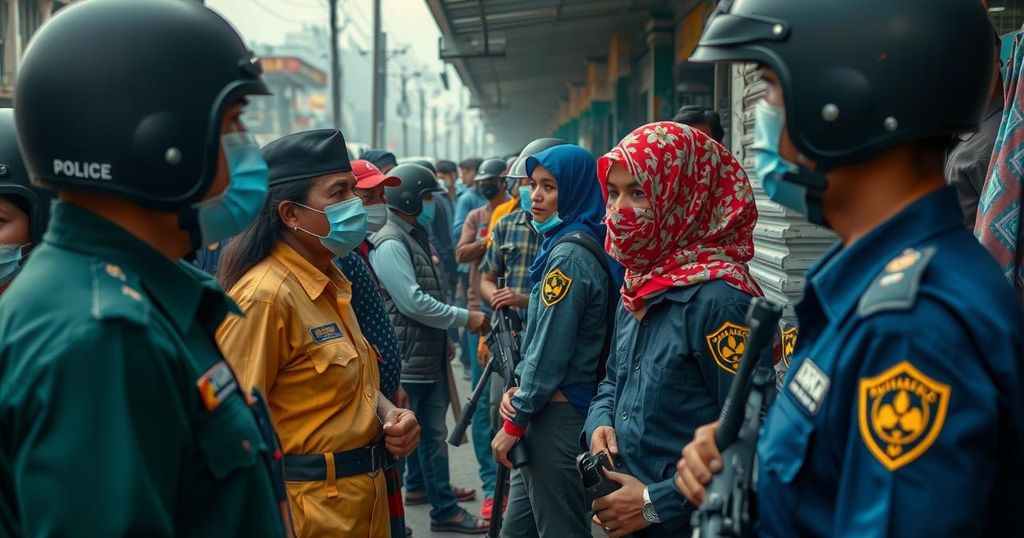Ukraine’s Role in the Wagner Defeat in Mali: A Diplomatic Misstep?
As Ukraine’s Minister of Foreign Affairs concludes his recent tour of Africa, concerns have arisen regarding the potential diplomatic ramifications of the country’s involvement in the defeat of the Russian military contractor Wagner in Mali. The ambush at Tinzaouten on July 27 resulted in significant casualties for Wagner, but it also sparked considerable backlash against Ukraine due to its purported support for separatist rebels in northern Mali.
Reports have suggested that Ukrainian special forces may have provided training and crucial information to the ethnic Tuareg rebels, leading to a successful military operation against Wagner. This development has elicited criticism from African nations and regional organizations, with some perceiving it as unwarranted interference in the continent’s affairs. In fact, both Mali and Niger have already severed diplomatic ties with Kyiv, and the Economic Community of West African States (Ecowas) has strongly denounced any external involvement that threatens peace and security in the region.
The potential fallout from these events is critical, as Ukraine has been striving to cultivate stronger diplomatic and economic partnerships in sub-Saharan Africa. However, its alleged military intervention in Mali risks undermining these efforts, particularly in the wake of previous reported interventions in Sudan. Ukrainian involvement in African conflicts, while intended to counter Russian influence, could compromise the goodwill it has been fostering in the region.
It is evident that Ukraine’s foreign policy decisions will have far-reaching repercussions. As the country continues its efforts to counter Russian influence, it must consider the impact on its diplomatic relationships with African nations. The delicate equilibrium between military interventions and diplomacy will be essential as Ukraine seeks to bolster its position in the region.
In light of these developments, it is imperative for Ukraine to reassess its approach to African relations. While it may have achieved success in undermining Wagner’s operations, the potential diplomatic repercussions underscore the intricacy of managing international rivalries. As Ukraine grapples with the aftermath of its intervention in Mali, it must navigate this intricate landscape to ensure that its broader objectives in sub-Saharan Africa remain achievable.
Looking ahead, Ukraine will need to engage in delicate diplomacy and strategic relationship-building to mitigate the fallout from its involvement in African conflicts. With its aspirations for expanded diplomatic presence and economic cooperation in Africa, Ukraine must proceed cautiously to avoid jeopardizing these long-term objectives.
In conclusion, while Ukraine’s role in the defeat of Wagner in Mali may have yielded military success, the potential diplomatic consequences necessitate careful consideration. As the country seeks to deepen its engagement in sub-Saharan Africa, it must navigate the delicate balance between military interventions and diplomatic relations to safeguard its broader strategic interests.
Sources:
Paul Melly – Consulting Fellow with the Africa Programme at Chatham House in London.
For more news from the African continent, visit BBCAfrica.com and follow @BBCAfrica on Twitter, BBC Africa on Facebook, or bbcafrica on Instagram.







Post Comment